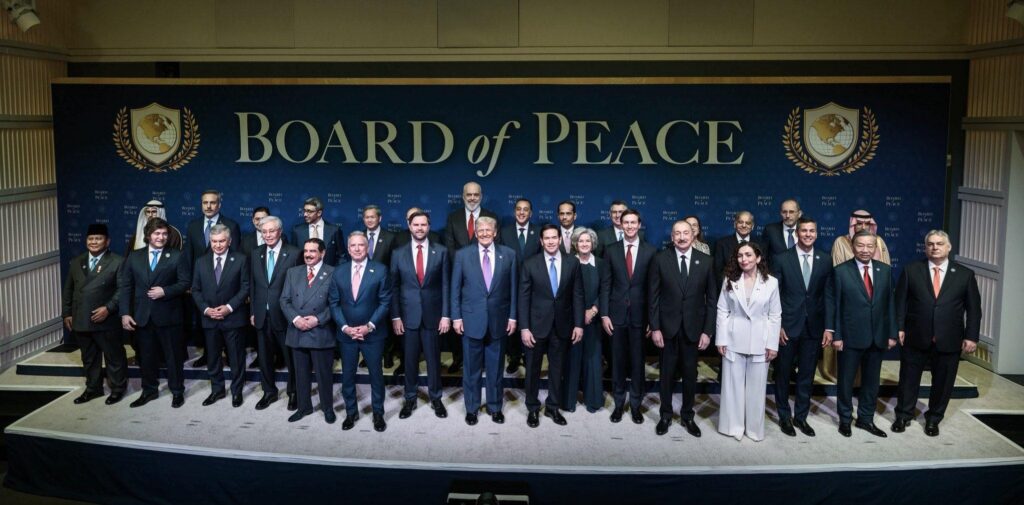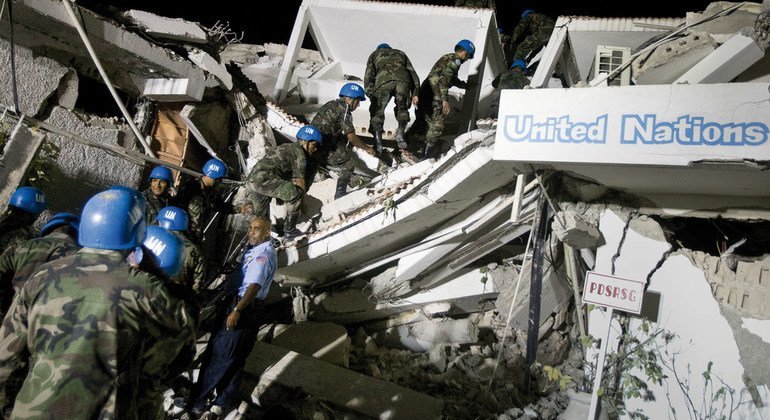For years, Washington has called on the United Nations to cut waste, streamline operations and get serious about reform. Now the UN is doing exactly that. The question is how the U.S. will reward that success just as the job gets traction.
Reform by the Numbers
Earlier this year, UN Secretary-General António Guterres launched UN80, a sweeping initiative to make the UN leaner and more effective. This September, he went further, proposing the biggest cut in decades: a 15% reduction ($500 million) to the UN’s core budget for 2026. That means eliminating nearly one in five posts — about 2,680 jobs. It’s not rhetoric about reform; it’s reform in action.
The restructuring is aimed squarely at long-standing U.S. concerns. At least 200 positions will be moved out of high-cost duty stations like New York and Geneva to cheaper locations such as Nairobi. Payroll and other back-office functions are being consolidated into global hubs and streamlined through automation. And by 2027, the UN will vacate two leased New York buildings, cutting millions in overhead costs.
The numbers tell the story: according to Devex, job postings across the UN system have fallen 43% this year. WHO is down 81%. UNHCR is down 83%. Consulting roles — often the first foothold for Americans in the system — have been cut by 67%.
While staffing cuts are painful, in some cases they are overdue. Paired with new ideas emerging to streamline the UN’s mission and structure, these reductions could help build a leaner organization – one that is both more efficient and more effective.
Key Takeaways
15% reduction in the UN’s core budget (about $500M) starting in 2026
Nearly one in five posts eliminated — roughly 2,680 jobs
200+ positions relocated from New York and Geneva to lower-cost hubs like Nairobi
Payroll and admin streamlined and automation replacing duplicative staff functions
Two UN buildings in New York vacated by 2027, slashing long-term overhead
The Cost of Cuts
Still, cuts of this magnitude carry trade-offs. Every eliminated position represents lost capacity in the field — fewer aid workers in Sudan, fewer coordinators helping Ukraine recover from missile strikes, fewer experts shoring up fragile states in the Sahel or the Pacific.
For the United States, those trade-offs also carry strategic weight, including fewer Americans working at the UN. As field offices, peacekeeping missions and humanitarian hubs slim down, the pipeline for the next generation of Americans narrows. That’s not just a human resources challenge — it’s a geopolitical one. China has increased its nationals in UN posts by 68% over the past decade, treating personnel as strategic investments in global governance.
Nevertheless, this is exactly what the U.S. has been asking for: greater efficiency. And despite the external pressure, what makes UN80 different from past reform pushes is that it’s driven from the inside. Guterres has taken on inefficiencies with transparency and resolve — the kind of leadership the U.S. has said it wants in Turtle Bay. If Washington continues slashing funding as reforms are taking hold (Congress has already clawed back $2 billion in promised resources in recent weeks), it will undermine the very progress being demanded for decades.
“Guterres has taken on inefficiencies with transparency and resolve — the kind of leadership the U.S. has said it wants in Turtle Bay. If Washington turns around and continues slashing funding as those reforms are taking hold, it will undermine the very progress it has demanded for decades.”
An Historic Opportunity
UN80 is a once-in-a-generation opportunity to shape the United Nations into a 21st-century institution that delivers more and spends less. But the reforms will only reach their full potential if they’re matched with strategic investment — investment that keeps humanitarian pipelines open, maintains peacekeeping capacity in fragile regions and ensures the UN remains a platform for advancing U.S. priorities on everything from health security to counterterrorism.
The UN isn’t perfect. But it delivers aid in war zones where no other actor can. It coordinates disease responses that protect American lives. It stabilizes fragile states to prevent conflicts from spilling across borders. And it channels more than $2 billion a year in procurement contracts to U.S. companies, creating jobs at home – more money than we pay in membership dues. Less visible, but equally important, the UN trains and shapes the next generation of global leaders — including Americans who go on to serve in key diplomatic, development and security roles.
Washington’s Move
The choice for Congress and the Administration couldn’t be clearer: invest in a reformed UN that advances U.S. interests or leave a vacuum our competitors will eagerly fill.
The Secretary-General has put bold reforms on the table. Now it falls to Member States — above all, the United States — to seal the deal. Most countries want the same leaner, more effective UN that Washington has demanded for years. But making it real will require U.S. leadership to lock the changes in.
The UN is meeting the moment with real reform. It’s time for the United States to meet it with real support.




